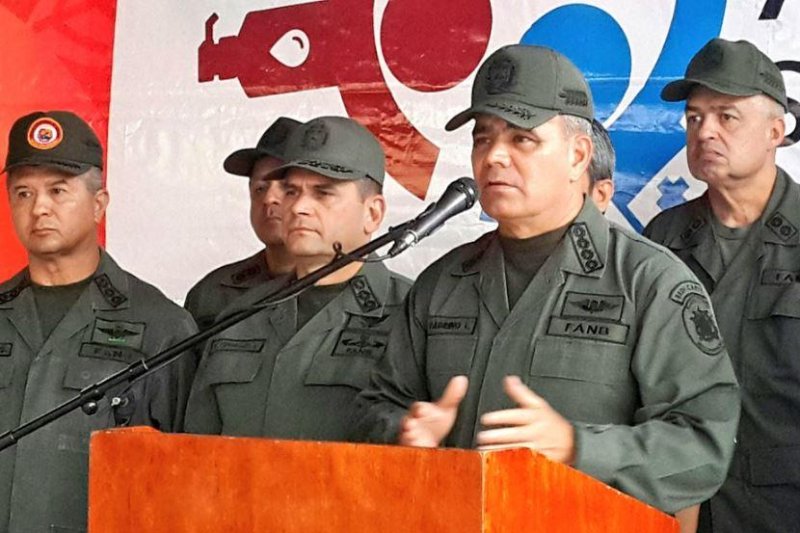How Bad Off Is Oil-Rich Venezuela? It’s Buying U.S. Oil
One oil rig was idle for weeks because a single piece of equipment was missing. Another was attacked by armed gangs who made off with all they could carry. Many oil workers say they are paid so little that they barely eat and have to keep watch over one another in case they faint while high up on the rigs.
Venezuela’s petroleum industry, whose vast revenues once fueled the country’s Socialist-inspired revolution, underwriting everything from housing to education, is spiraling into disarray.
To add insult to injury, the Venezuelan government has been forced to turn to its nemesis, the United States, for help.
“You call them the empire,” said Luis Centeno, a union leader for the oil workers, referring to what government officials call the United States, “and yet you’re buying their oil.”
One oil rig was idle for weeks because a single piece of equipment was missing. Another was attacked by armed gangs who made off with all they could carry. Many oil workers say they are paid so little that they barely eat and have to keep watch over one another in case they faint while high up on the rigs.
Venezuela’s petroleum industry, whose vast revenues once fueled the country’s Socialist-inspired revolution, underwriting everything from housing to education, is spiraling into disarray.
To add insult to injury, the Venezuelan government has been forced to turn to its nemesis, the United States, for help.
“You call them the empire,” said Luis Centeno, a union leader for the oil workers, referring to what government officials call the United States, “and yet you’re buying their oil.”




